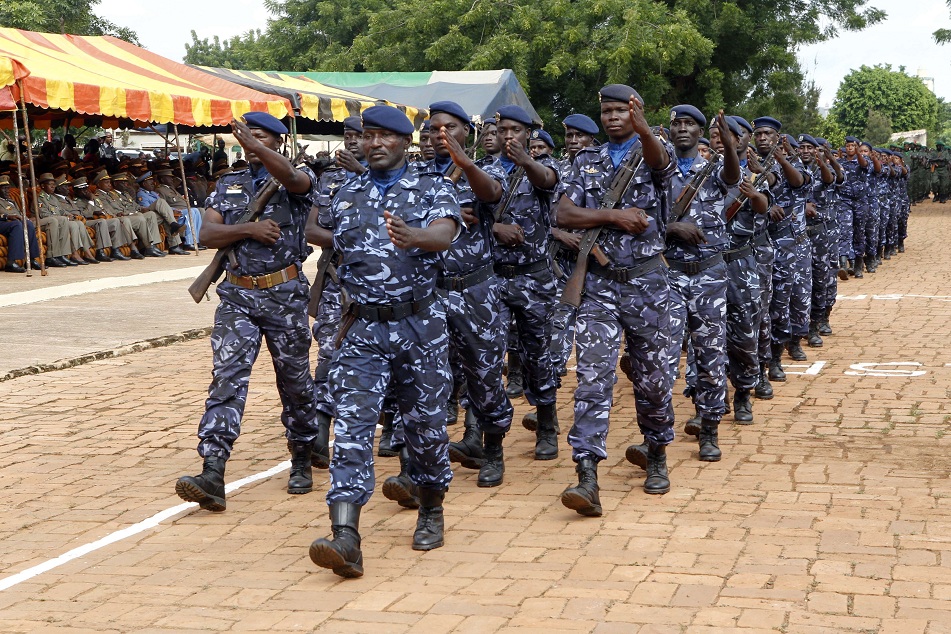By Joseph Logan / Reuters
DUBAI: The abuse of workers building a cultural centre in Abu Dhabi that will host branches of the Louvre and Guggenheim museums has eased, but more is needed to protect vulnerable migrant laborers, a human rights group said on Wednesday.
The New York-based Human Rights Watch (HRW) had criticized the United Arab Emirates for allowing forced labor at the $27-billion Saadiyat Island site that artists have threatened to boycott in protest.
“Finally, Emirati developers and their international partners have stepped up to the plate on Saadiyat Island to start to protect workers, but they will need to do more to curtail the abuses,” HRW said as it issued its latest report.
HRW had previously accused the Gulf state, which effectively imports its manual labor, of turning a blind eye to contractors who impose hidden administrative charges on workers and confiscate their passports as they work off the debt.
The group said on Wednesday the UAE had moved to ensure payment of wages and provide medical care for workers, who are mostly from South Asia, a n d to allow some independent oversight of contractor practices. But violations such as passport confiscation continued.
The developer, Tourism Development & Investment Company (TDIC), welcomed the improved assessment but said the study was outdated and based on a limited sample of workers interviewed.
“TDIC therefore firmly believes that this report is not an accurate reflection of the current situation on Saadiyat,” it said in a statement.
TDIC is “fully committed to review its policies regularly, and amend them when warranted, in order to continue setting the highest standards,” it said.
Saadiyat Island is one of the largest cultural projects in the Middle East but last year more than 130 artists said they would boycott the Guggenheim museum there over what they said was exploitation of foreign workers.
The Guggenheim and Louvre museums and New York University are among institutions that plan to set up branches on the island where they will be housed alongside a golf course and high-end housing.
The seven-member UAE sharply limits political activity among its own citizens, let alone migrant workers, and avoids the risk of labor organization through a visa sponsorship system that gives employers broad control over workers.

